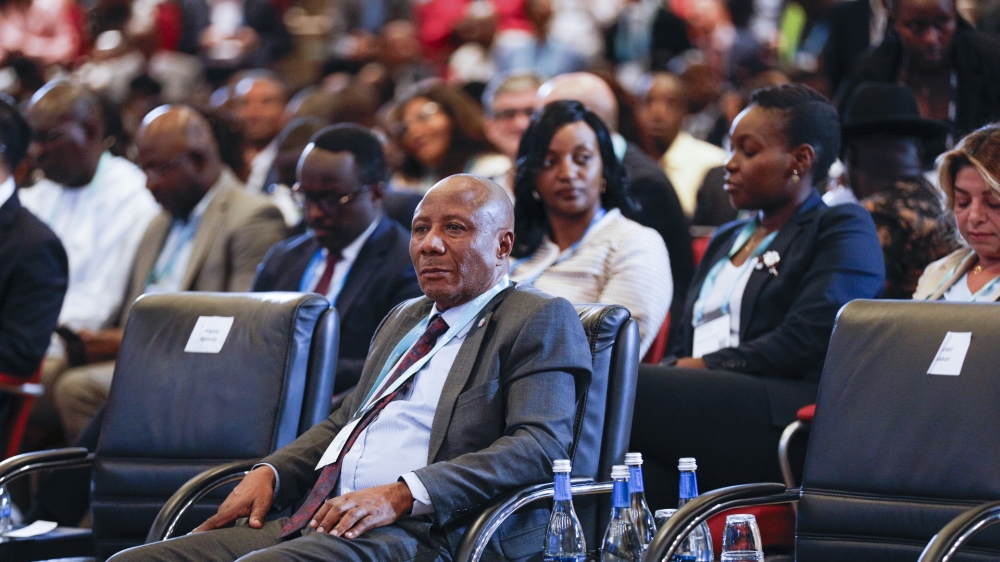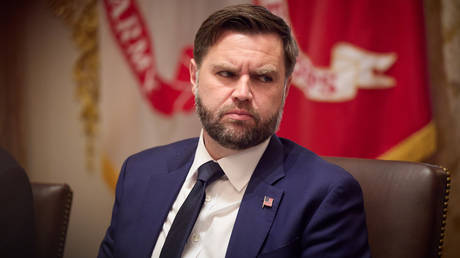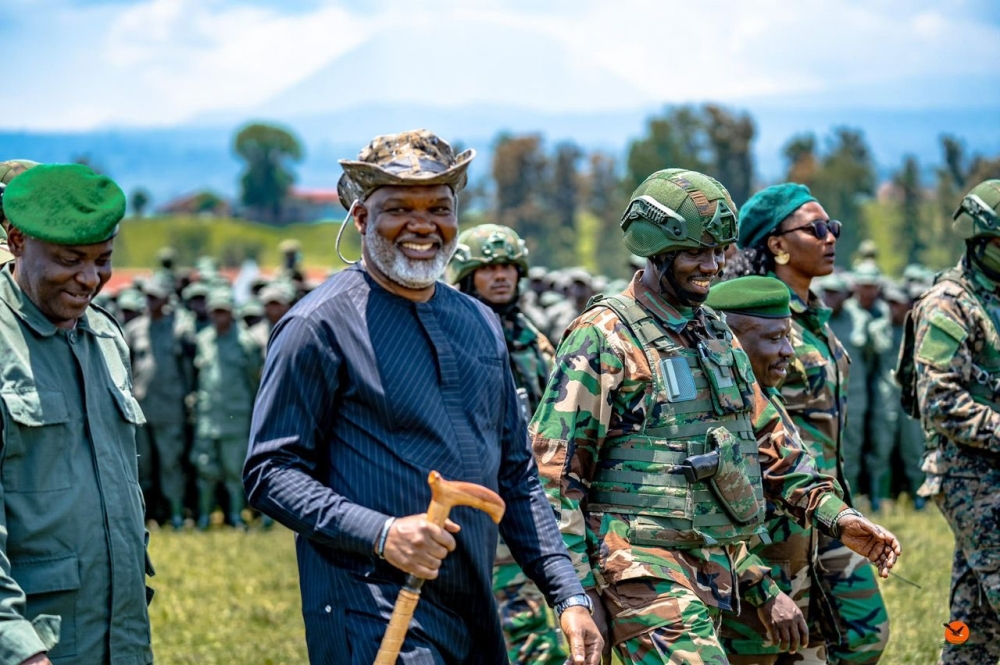Experts have stressed that artificial intelligence (AI) must be inclusive, affordable, and tailored to Africa’s realities, otherwise, the continent risks being left behind in the digital age.
They said this on Tuesday, October 21, during the Mobile World Congress, taking place at Kigali Convention Centre.
ALSO READ: AI, fintech take centre stage as Kigali hosts major connectivity summit
The three-day event, running through October 23, brought together leaders from across Africa’s digital and telecommunications sectors to discuss innovations shaping the continent’s connectivity and digital transformation.
“AI should not be a luxury for the few. It must be accessible to all,” said Vivek Badrinath, Director General of the Global System for Mobile Communications Association (GSMA), the conference organiser.
Badrinath noted that building AI models supporting Africa’s more than 2,000 languages will not be easy.
“We have a duty to keep working together to ensure that Africa is not just a user of AI, but also a builder, developing solutions that boost the economy and drive growth across the continent,” he said.
He warned that Africa risks being left behind if AI models continue to be trained primarily on data from outside the continent.
According to Badrinath, AI could add $2.9 trillion to Africa’s economy by 2030, creating opportunities for businesses, governments, and citizens. But that will be realised only if the technology reflects Africa’s linguistic and cultural diversity.
ALSO READ: How Africa can fix barriers, ensure AI is a transformative tool for all
He gave examples from Rwanda, where the Centre for the Fourth Industrial Revolution is developing practical AI applications, including drones delivering blood to rural hospitals and Internet of Things (IoT) devices helping farmers monitor soil conditions.
The recently launched Rwanda AI Scaling Hub will serve as a vital platform to support AI innovations nationally and continent-wide, he said.
“In Africa, there are over 2,000 languages, but most are barely represented in global datasets. We need AI systems that understand our languages, our contexts, and our people,” Badrinath said.
He also announced a continent-wide collaboration among GSMA and African mobile industry leaders to develop inclusive African AI language models, ensuring that technological progress benefits everyone.
Doreen Bogdan-Martin, Secretary-General of the International Telecommunication Union (ITU), emphasised the need for investment in digital infrastructure, affordable devices, and services to ensure connectivity reaches “everyone, everywhere.”
“We need to invest in three critical areas, digital infrastructure, devices and services every African can afford,” she said.
Bogdan-Martin noted that achieving universal meaningful connectivity could require up to $900 billion in Africa alone, calling for collaboration between governments, the private sector, and development partners.
“Digital skills are also key to ensuring that young Africans, 60 per cent of this continent’s population, can thrive in today’s rapidly shifting labor market,” she said.
The ITU boss also urged support for homegrown digital innovation, citing the example of Monument, a low-connectivity AI-powered device developed by Tanzanian-born innovator Yvonne Baldwin, which won the top prize at the AI for Good Innovation Factory competition.
“Yvonne’s solution is proof that when connectivity, skills, and support align, innovators can deliver AI exactly where and how it is most needed,” Bogdan-Martin said.
“Africa’s digital future must be led by African entrepreneurs who are solving global problems.”






